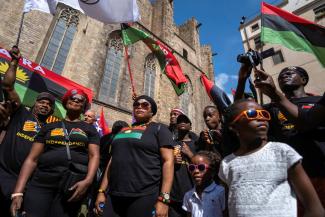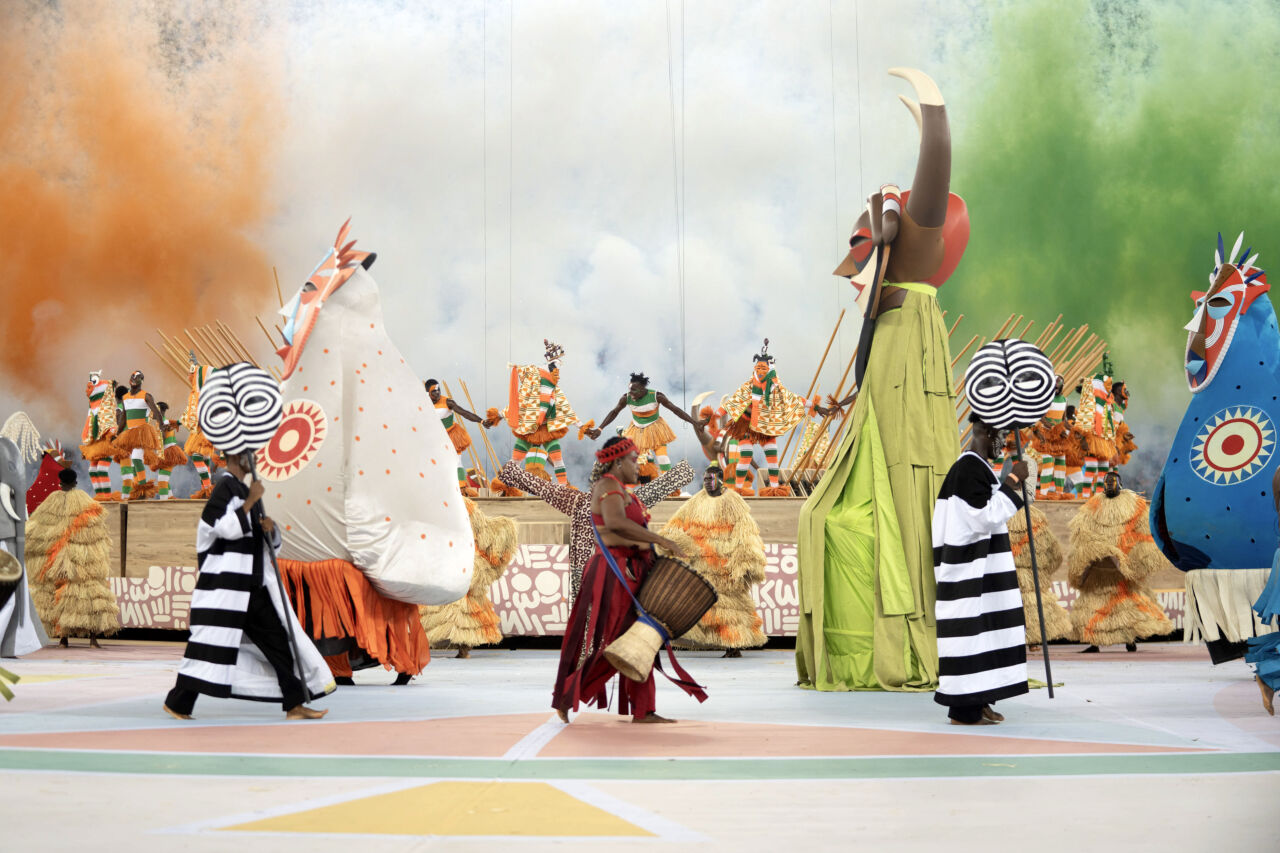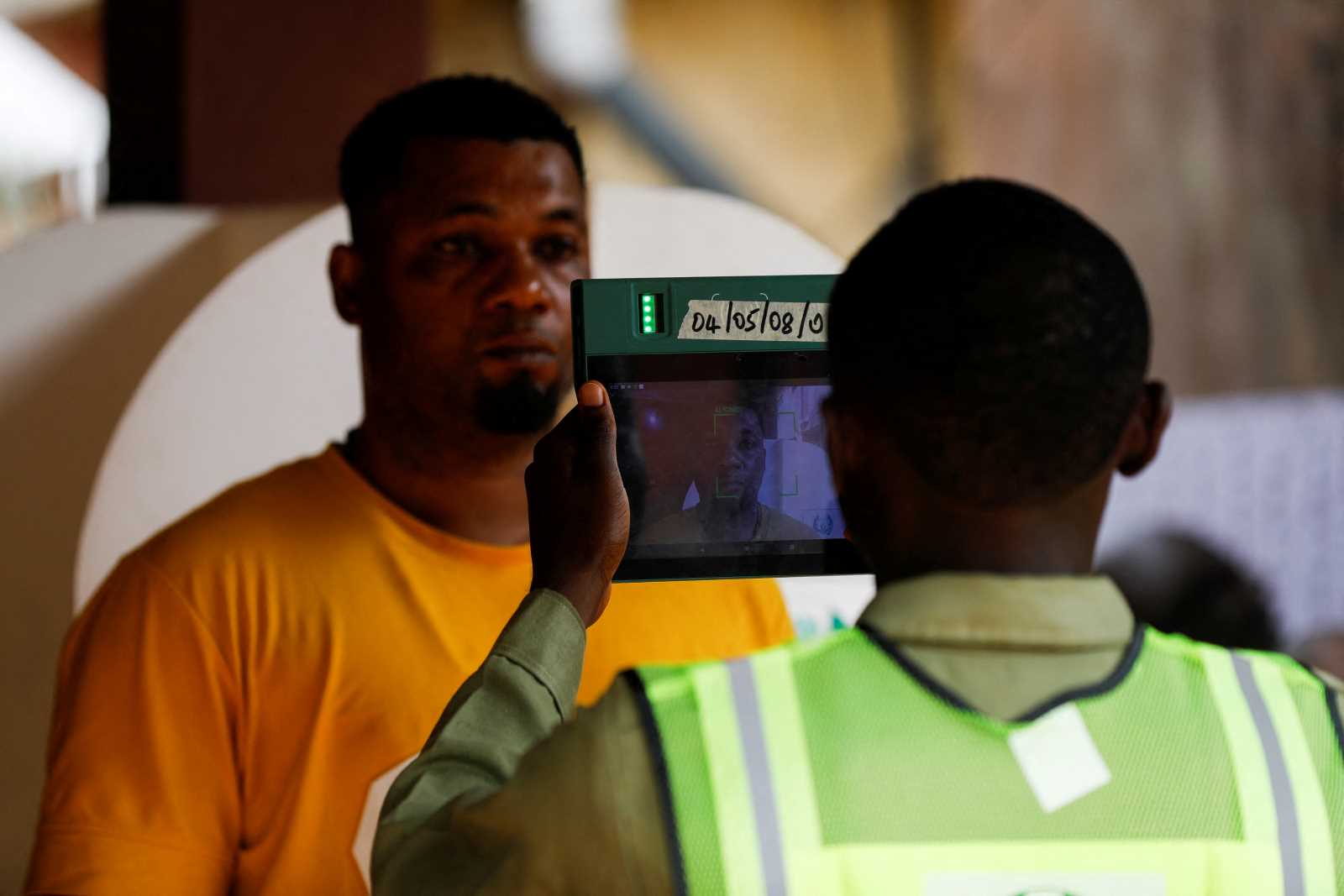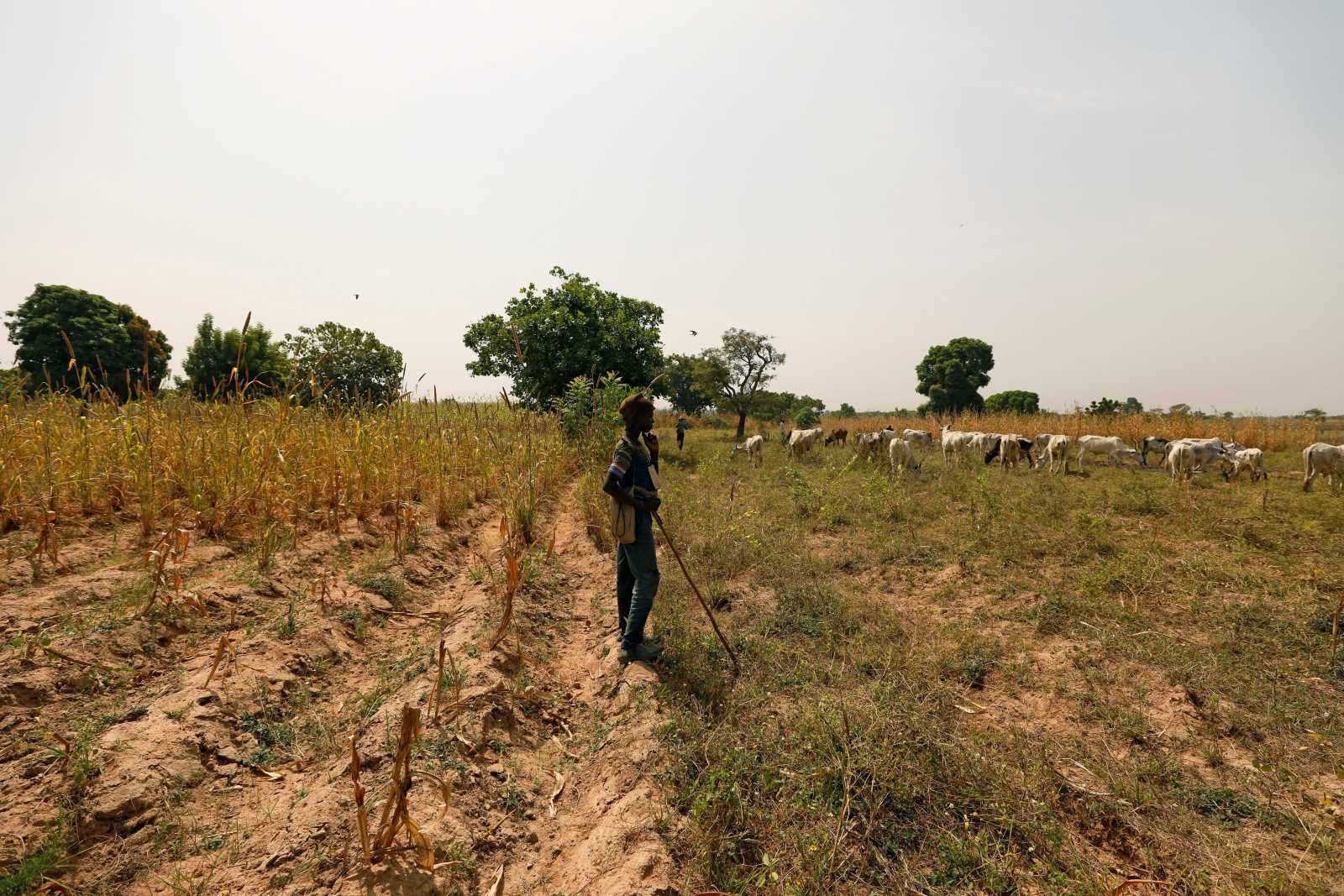Separatism
The Biafra legacy

There are 371 ethnic groups in Nigeria. Yoruba, Hausa and Igbo are the three largest. Long before colonialism, these communities lived side by side as separate entities, governed themselves, rarely intermarried, but often traded and sometimes waged war. After independence from the British colonial regime in 1960, they found themselves together in a state that did not exist before the arrival of the colonisers.
While many countries had to fight for the right to self-government, Nigeria’s transition to independence was largely peaceful. After independence, however, the cultural and political differences between the three largest ethnic groups became glaringly obvious.
Nevertheless, they managed to form a coalition government. However, this was broken up by a rigged election, the coup d’état of 15 January 1966 and the counter-coup of 28 July 1966, with each group responsible for killings among the others.
In 1966, the military was split along ethnic lines and a systematic massacre in the Muslim-dominated northern region of the country followed. The victims were Christian Igbos from the east and southern Nigerians. Thousands fled to save their lives.
Failed peace agreement
The killing of defenceless civilians caused an outcry and the federal government promised that such killings would not be repeated. The Igbos were encouraged to return to the north. However, shortly after some of them did so, a second, even more devastating massacre took place, in which more than 3000 Igbos were killed. In retaliation, northerners were murdered in the Igbo-dominated eastern states.
An attempt to restore peace led to the “Aburi Accord”, which was concluded in Ghana. However, the agreement was cancelled shortly afterwards by Lieutenant Colonel Yakubu Gowon, the representative of the Nigerian military government. Gowon announced the federal division of Nigeria into twelve states. This decree divided the eastern region into three parts: South-Eastern State, Rivers State and East Central State. Now the Igbos, who were concentrated in East Central State, would lose control of most of the oil in the other two areas. They felt betrayed by the Muslim Hausa and Fulani of the northern region, who dominated the ruling government.
Starvation as a weapon
On 30 May 1967, Igbo Colonel Odumegwu Ojukwu declared Eastern Nigeria a sovereign state, which the federal government considered illegal. Shortly after, on 6 July, federal troops invaded the Eastern Region, initiating the Biafra War. The war, also known as the Nigerian Civil War, lasted almost three years, ending on 15 January 1970.
The dimensions of the Biafra War captured the world’s attention. As the first African war to be covered on television, it received widespread attention in the global media. The rise of prominent international aid organisations such as Doctors Without Borders can be seen as a consequence of the Biafra War. These organisations tried to provide humanitarian aid, but their efforts were hampered by the food blockade imposed by the federal government.
The Biafra war was bloody, and both the Nigerian and Biafran armies carried out numerous massacres. However, the food blockade proved to be the deadliest weapon. Famine was a major reason for the surrender of the Biafran army. Some claim that the Biafra War was the first black-on-black genocide, in which over three million civilians – including thousands of children – fell victim to starvation and massacres.
Lasting effects
The Biafra War has left deep scars in Nigeria. The federal government’s promise of reconciliation, reconstruction and reintegration was and remains wishful thinking at best. The political marginalisation of the Igbos persisted.
Today, almost sixty years after the Biafra War, Igbos continue to be excluded from government positions and resources. Most recently, the Nigerian Presidential elections in 2023 clearly showed that the Igbos are still marginalised. In many states, Igbos were prevented from voting, especially in Lagos, which has a huge population of Igbos. Anti-Igbo aggression and voter suppression were not persecuted and even encouraged. This was frequently the case in past elections as well.
A reaction to this is the rise of Igbo nationalism, which is centred on the preservation of Igbo culture and the development of Igboland. Over the years, new secessionist groups have emerged, including the “Movement for the Actualization of the Sovereign State of Biafra” and the “Indigenous People of Biafra”. These groups have angered various Nigerian governments by leading protests in favour of the rights of the Igbo people. These protests have led to countless clashes with security agencies, which in turn have hampered the economy in Igboland.
However, the Igbo are divided on this issue. While some express hope for greater political, social and economic inclusion in Nigeria, others still prefer complete separation from the nation that continues to treat them with contempt and hostility.
Before the British colonised Nigeria, the Igbos were self-governing. During the colonial period, missionary work not only brought the Christian faith, but also a rapid development of the education system. Generally, Igbos are known for their business prowess. Long before the war, there was resentment about the business dominance of the Igbos, especially in the north. To this day, the Igbos are among the largest domestic investors and the wealthiest and most educated Nigerians. The resilience of the Igbo people in this regard is remarkable.
Despite the frequent ethnic and also religious clashes, the Nigerian government is far from authorising a division. The reasons for this are obvious: certain regions would be deprived of considerable resources, especially oil reserves.
The Igbos keep the memory of Biafra alive by passing on knowledge and culture. Many years after its end, the war still casts a shadow on the unity of Nigeria.
Adaze Okeaya-inneh is a journalist and screenwriter in Lagos.
adazeirefunmi@gmail.com










